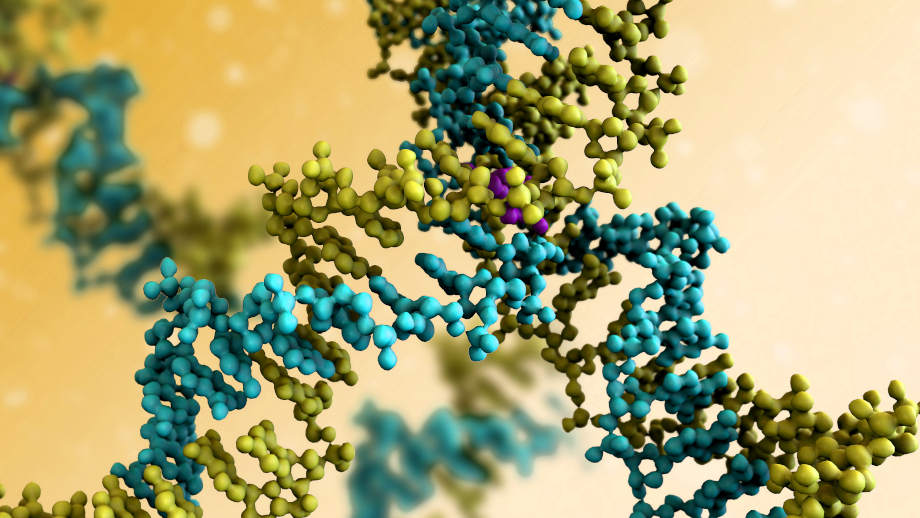Biochemistry

Why this program?
The consecutive Master's degree program builds up on the biochemistry bachelor’s degree. The program mediates future-oriented knowledge in structural biology, protein engineering and structure-function relationships of biomacromolecules. Sound experimental competencies are developed within short research projects followed by the final Master’s thesis project. Generic skills including the ability to transfer concepts, to identify problems, to formulate hypotheses, and to work in an international team environment are promoted throughout the entire program. The Master’s degree in biochemistry is therefore a professional qualification for research activities in the life sciences.
What can I learn?
This single Major study program spans three semesters. It starts with a six-weeks research project and advanced level compulsory lectures in structural biology, protein engineering, molecular biochemistry and bioinformatics. To meet today’s broad diversity of biochemical research, additional 15 ECTS credits can be compiled with core elective and elective modules from the entire life science area of UZH and ETH, according to student’s interest and preferences. The final components of the program are the Master's thesis research project spanning six months and the subject-specific Master's examination.
What can I do with it later?
The Master's degree in Biochemistry documents the professional qualification for academic and applied-science research activities in the broader field of the life sciences. The graduates acquire the necessary competences to follow a variety of career tracks, frequently in international environment, like research and education management, scientific activities in administrative bodies, teaching at grammar schools, product management in research and development, consulting or journalism in scientific areas.
